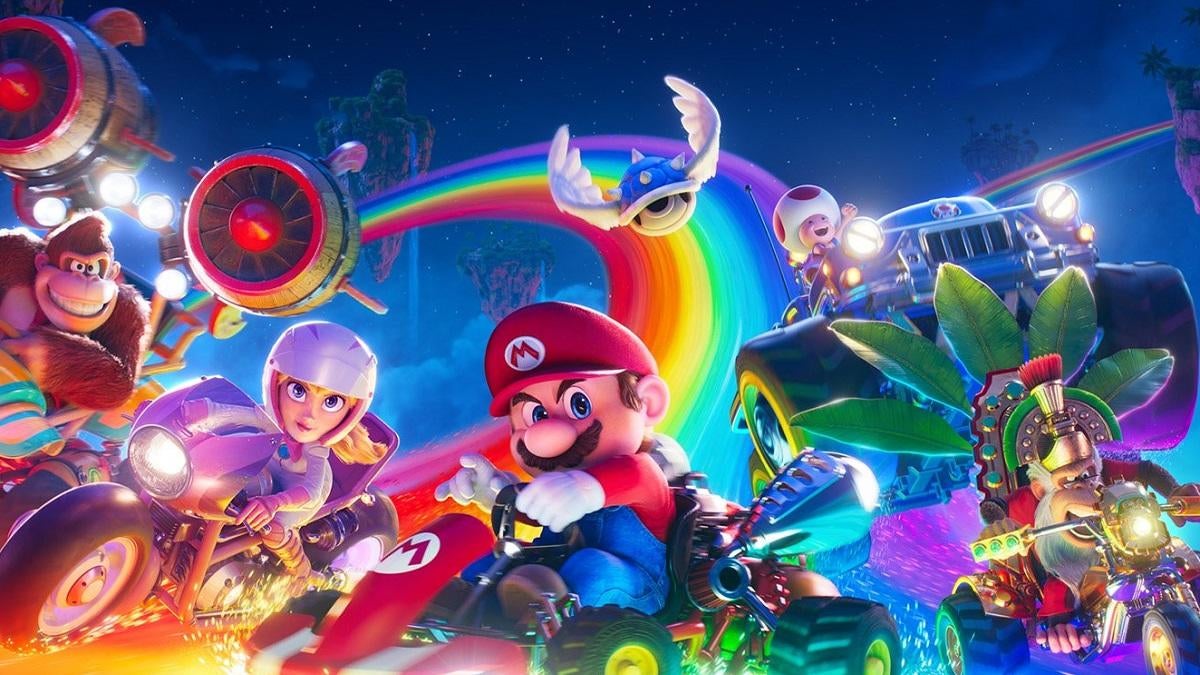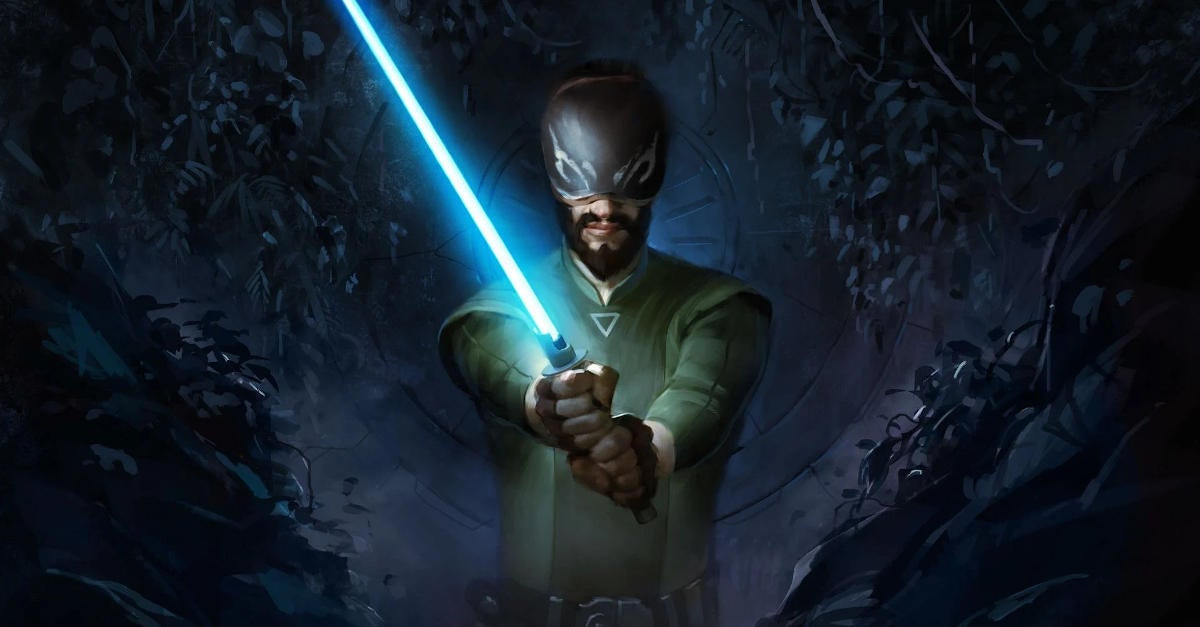Planet Paradise Review: Wide Open Spaces Reveal the Complexities of Modern Life
We have all been there: getting to go on an eagerly-anticipated vacation only for everything to go [...]
We have all been there: getting to go on an eagerly-anticipated vacation only for everything to go absolutely sideways. For most, that unexpected detour ends up being mostly an aggravation whose only lasting impact is a bad memory or a minor lessening of enjoyment. But sometimes, things go off the rails in a way that pulls back the curtain, as it were, on who we really are, what we're actually made of, and the little truths of the world around us. It's that kind of unexpected detour that is the story in Jesse Lonergan's new graphic novel Planet Paradise and it's easily one of the most interesting and honest looks at the human experience—and critiques of our society—in comics this year.
Planet Paradise follows Eunice, a woman beginning an intergalactic vacation with her husband, Peter, to a place called Rydra-17, "The Paradise Planet." It's easy to understand why they want this vacation as the world they inhabit seems crowded and overly busy, with the airport just as packed as any you'd find on Earth. Soon enough, they lift off on an eleven day journey to Rydra-17, but along the way something goes awry, prompting their rocket to crash on a desolate planet. Eunice survives, awakens form her travel pod, and soon discovers the ship's captain, Glenda, has also survived—and that they are trapped on a planet populated by hungry killer lizards, putting them in a situation that is all about survival.
However, as the story unfolds Eunice—and the reader—begin to discover that the captain is mostly useless. It's Eunice who must step up to the plate and ensure their survival. While the captain whines and turns to painkillers from the medical kit, the previously nervous-seeming Eunice is the one to signal for help and come up with a strategy that not only saves their lives in the immediate sense, but gets herself, the captain, and the other vacationer's pods off this killer world and to their intended destination.
It's that shift for Eunice where the beauty of Planet Paradise lies. While the rest of the "world" as it were—Glenda, emergency dispatcher Stella, emergency service agent Dalton, and others—are all focused on the mindless and mind-numbing trappings of a world utterly wrapped up in its own corporate folly and distraction, Eunice is firmly rooted in reality. She believes her husband to be lost. She recognizes the danger she is in and instead of trying to anesthetize herself and avoid it. she makes difficult choices that ultimately make her a hero, but not in any dramatic sense. Her heroics are part of her self. She does what is right and doesn't consider the alternatives.
But it's not just the "character rises above" of it all that makes Planet Paradise such an excellent read. There's a lot of nuance and realism to this comic book. Themes of greed, distraction, superficiality, stolen valor, and underestimation also weave through the story and it's done with exceptional skill by Lonergan who utilizes an economy of words, but also pairs that with sparse art to convey multitudes of emotion and meaning. For a book with a lot of open space (once we get away from Earth, that is) and a limited color palette, it's a powerhouse that provokes a lot of questions and, in some moments, serves as a mirror showing us the truth about who we are—spoiler, we're not all Eunice.
Planet Paradise is engaging on a functional level, an interesting "survivor story" worth reading just for the surface-level story alone. But it's also a deftly crafted and beautifully told tale that gently skewers our own society—the human tendencies toward ennui and taking the easy way out—while also offering up a realistic vision of hope that we, too, can be more if we simply open our eyes.
Published by Image Comics
On November 11, 2020
Created by Jesse Lonergan





